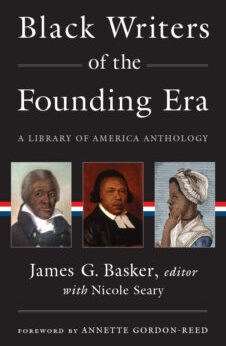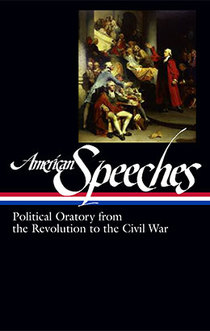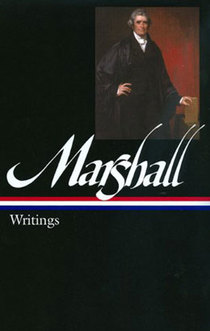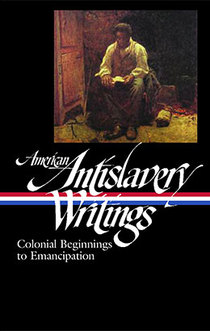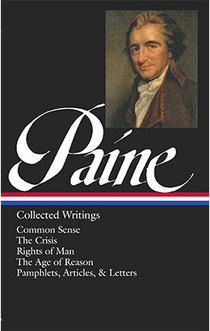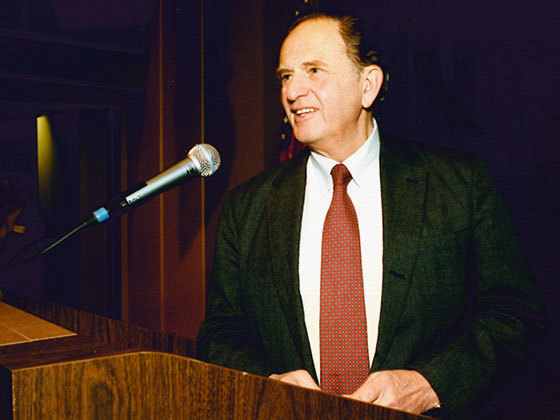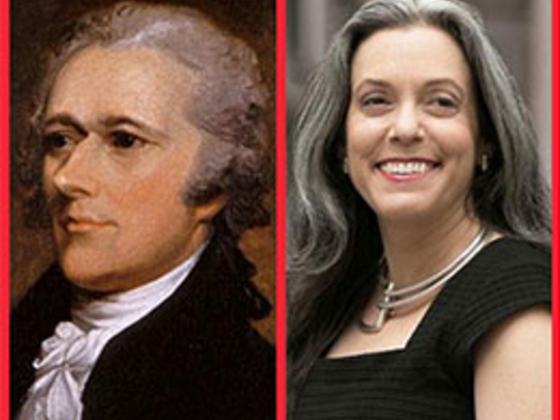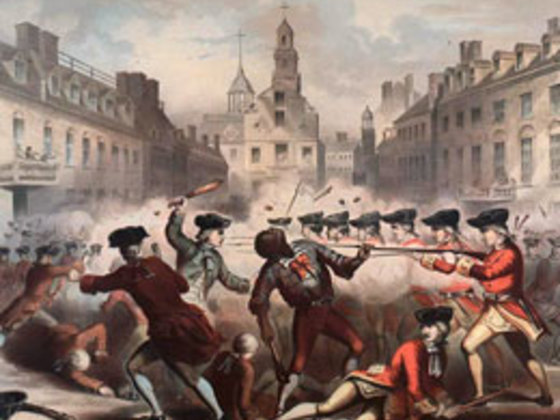The Founders
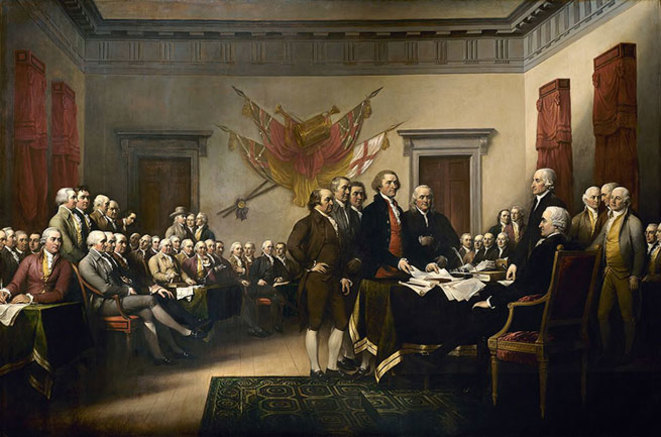
Revered by many, reviled by some, the Founders remain a touchstone for contested ideas about who Americans are as a people and what the American experiment in self-government means today. Their brilliant writings continue to fascinate and inspire, revealing a complexity and dynamism that belies our tendency to want to fix them, and the republic they built, in stone.
This title is out of stock and a reprint has not yet been scheduled. Sign up here to receive news about forthcoming titles and reprints.
“Mausoleums, statues, monuments will never be erected to me,” John Adams observed in his post-presidential retirement. “Panegyrical romances will never be written, nor flattering orations spoken, to transmit me to posterity in brilliant colors.” Throughout the second half of his long and eventful life, even as he ascended to the highest office in the new American republic, Adams was often painfully conscious of being overshadowed in the popular imagination by Washington, Franklin, and Jefferson. Frequently at odds with the social and political forces transforming the young nation, he confronted his forward-looking fellow citizens with a vision of government grounded in the sobering verities of history, and for his trouble was accused of betraying the republican ideals of the Revolution. Only in recent years, with a best-selling biography and acclaimed television series reintroducing him to millions, has Adams attained the popularity that proved so elusive during his lifetime.
This final volume of Gordon S. Wood’s landmark three-volume edition makes Adams’s important writings from the early republic available to general readers for the first time in fully annotated form. More than two hundred letters, diary excerpts, political essays, and presidential messages illuminate Adams’s service as a diplomat in the Netherlands and England, including his dramatic encounter with his former king, George III; his eight years as vice president under Washington, when, as president of the Senate, he was an active if often unwelcome participant in the body’s deliberations; and his tumultuous single term as president.
The first individual to win a contested presidential election and then to be defeated for reelection, Adams faced bitter criticism from both Jeffersonian Republicans and Hamiltonian Federalists, the latter especially from within his own cabinet, while striving to prevent an undeclared naval conflict with Revolutionary France from escalating into full-scale war.
Selections from A Defence of the Constitutions of Government of the United States of America and the controversial Discourses on Davila demonstrate his insights into the strengths and weaknesses of ancient and modern political systems. Letters to friends Benjamin Rush and Thomas Jefferson, with whom he reconciled in retirement after years of political estrangement, explore the intellectual and political currents of the day; those to his “Dearest Friend” Abigail and their children, including John Quincy Adams, the son whose career closely tracks his own all the way to the presidency, reveal the passionate and mercurial personality of one of our most fascinating founders.
See the contents for this volume (PDF, 500 KB)
Gordon S. Wood is Alva O. Way Professor of History Emeritus at Brown University and the author of the Pulitzer Prize–winning The Radicalism of the American Revolution. He has also edited the two-volume Library of America edition The American Revolution: Writings from the Pamphlet Debate 1764-1776.
This Library of America series edition is printed on acid-free paper and features Smyth-sewn binding, a full cloth cover, and a ribbon marker.
This volume is available for adoption in the Guardian of American Letters Fund.
